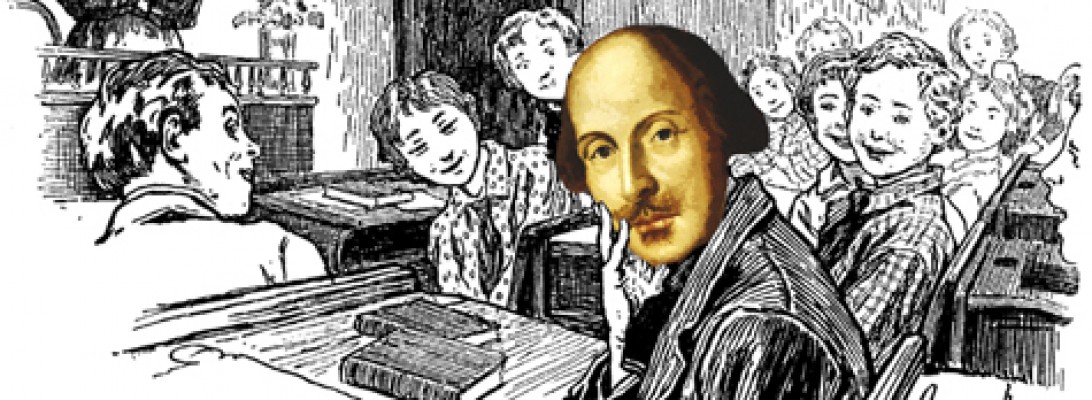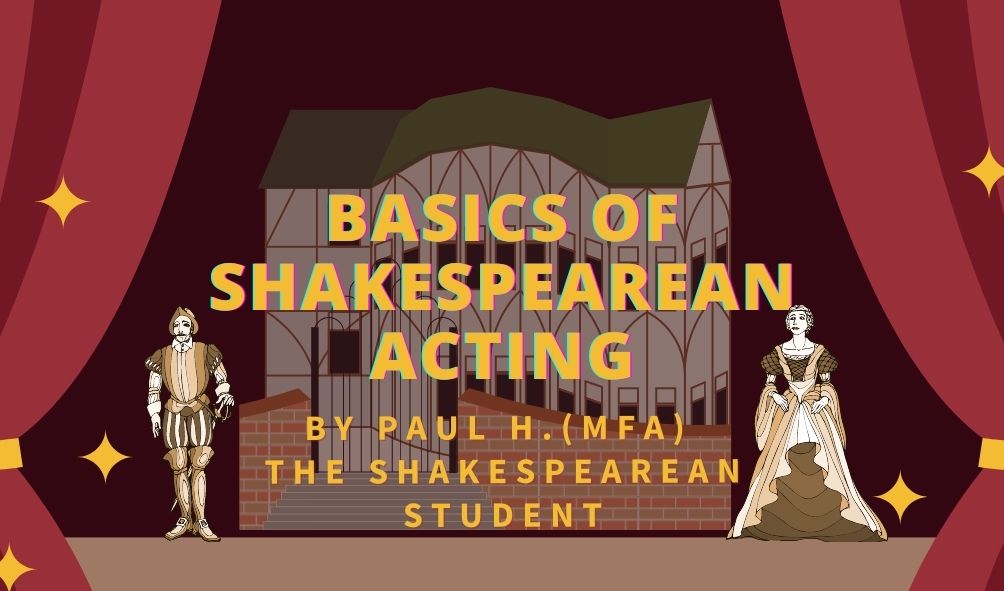Since Mothers’ Day is this weekend, I wanted to pay homage to the greatest mother characters in the Shakespearean cannon. I know I already made a list in a previous post, but I wanted to create some art to show some of the aspects of these women that I find inspiring:
Cleopatra

Most art depicting Cleopatra emphasizes her beauty, power, or love of Marc Antony. I wanted to create an art piece that emphasizes how hard it must have been to be an Egyptian queen and a mother. Cleopatra’s family were infamous for their backstabbing in fact, Cleopatra murdered two of her own sisters to stave off threats to her throne. Even worse, her son (as his name implies), was the son of Julius Caesar, making him a direct threat to Octavian, who claimed to be Caesar’s heir. One thing many people forget about this play is that Cleopatra spends most of the play trying to protect her son.
I chose to portray Cleopatra not sitting aloof on her throne, but crouched down with her hand on her son. In front of them are some swords that he was playing with. Her pose is tender but shows great concern. Perhaps the boy grabbed the sword when she wasn’t looking and she’s gently explaining how dangerous they are and how he can hurt himself. At this moment, she is also thinking about the many swords in Rome that are unsheathed and ready to hurt her son.
Queen Elizabeth from “Richard III”

This is another mother who is trying to protect her son from danger. Again we have a queen with a son who is a threat to a violent man who wants power- the treacherous Richard of Gloucester. In the play, Elizabeth takes her son into a church to seek sanctuary after the death of their father the king. She does this because Richard is not Lord Protector of England, and Elizabeth doesn’t trust him with her children. To emphasize her fear and the danger following them, I chose to portray the scene with three deformed gargoyles behind Elizabeth and her sons.
Volumnia from “Coriolanus”

At this point in the play, Coriolanus is fighting against the Volskies, a barbarian tribe that is threatening Rome. He’s probably been away from his wife and son for a long tour of duty and it must take a toll on his family. I made this image to show how Coriolanus’ wife Virgilia must rely on her mother-in-law Volumnia for support. Meanwhile Volumnia, Coriolanus’ mother, pities Virgilia, but refuses to show any weakness towards her. I have her looking in the doorway, sneaking a peak to see if her son has returned yet. She refuses to show any fear or concern for Coriolanus, but she must worry about him deep inside.
Hermione From “The Winter’s Tale”

Hermione is another woman who, due to the painful and heartbreaking scenario she is thrust into, must suppress her emotions for the sake of her children. She has just been accused of adultery, and delivered her new baby shortly after being thrown into prison. I feel Hermione must be suppressing a huge amount of rage, fear, sadness, and confusion that she cannot express. She must be as calm as the statue she eventually becomes later on in the play.
I thought about this concept of Hermione suppressing rage and being still and strong like a statue and I thought about Medusa from Greek mythology, who was unjustly punished with ugliness and the power of petrification. Books such as Philosophy For Girls depict Medusa as a symbol of how female rage and female sexuality is punished and tabooed in our society and women like Hermione know that if they cannot express the rage they feel at injustice, their only recourse is repression, which is like metaphorically turning to stone.
With these concepts in mind, I portray Hermione holding her baby with the statue of Medusa looking down at her. The statue looks a lot like Hermione and its closeness emphasizes how Hermione is almost two people- the person she presents to the world, and the angry, hurt person she is inside.
So, what do you think? Do you like my interpretations? Let me know in the comments!
Works Cited:
https://academic.oup.com/book/33477/chapter-abstract/287767086?redirectedFrom=fulltext
























